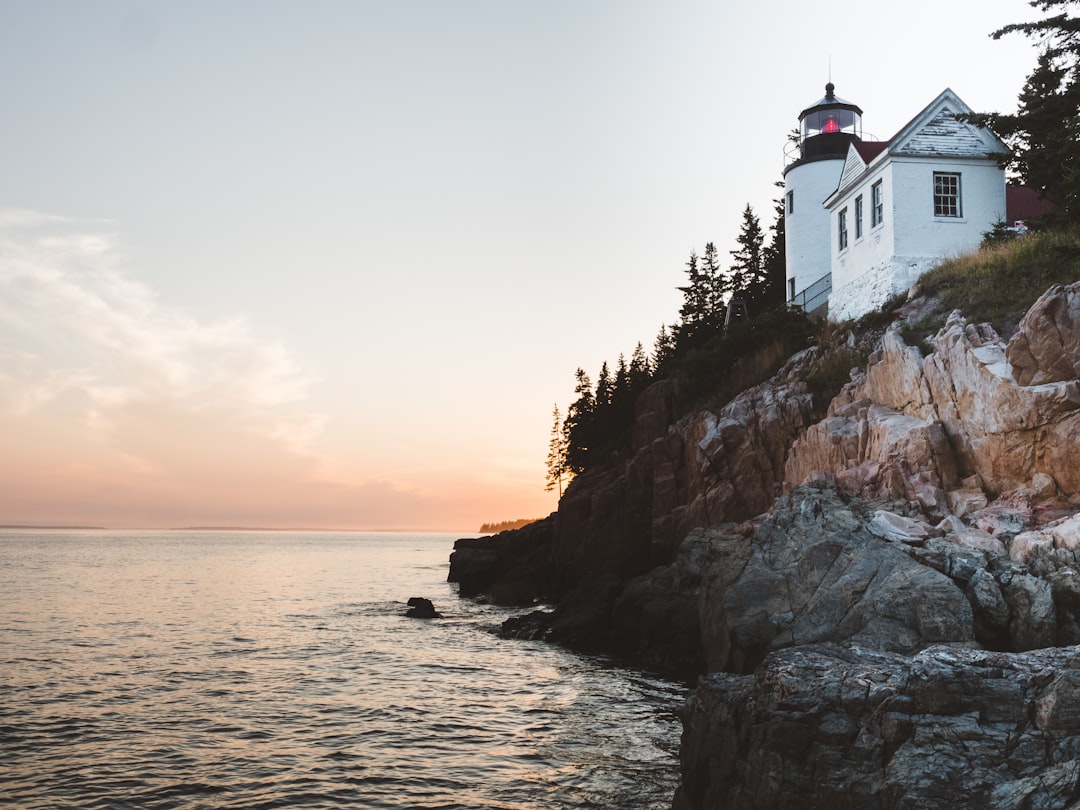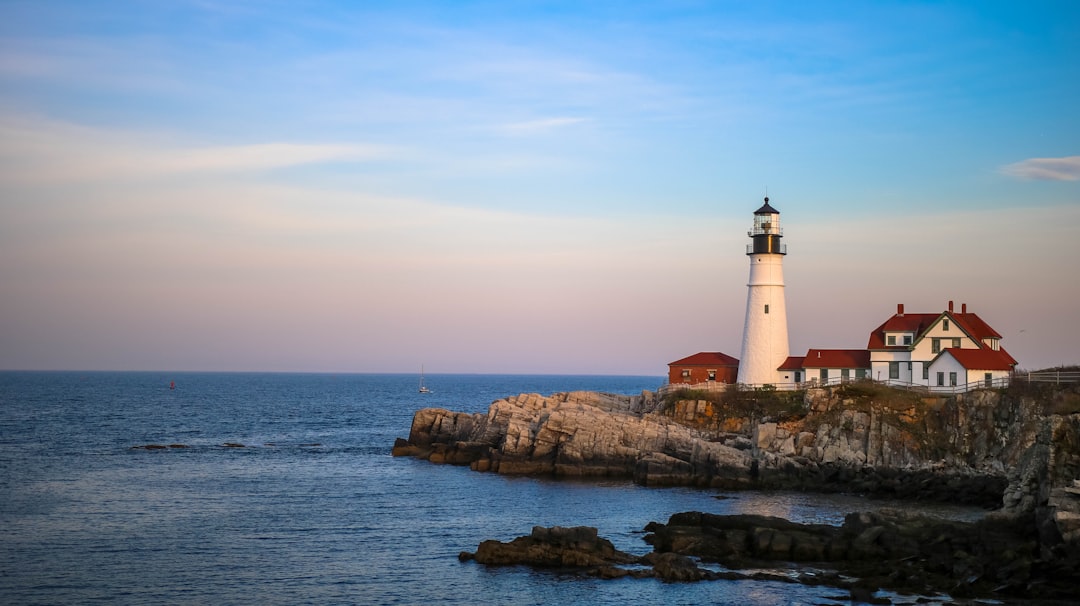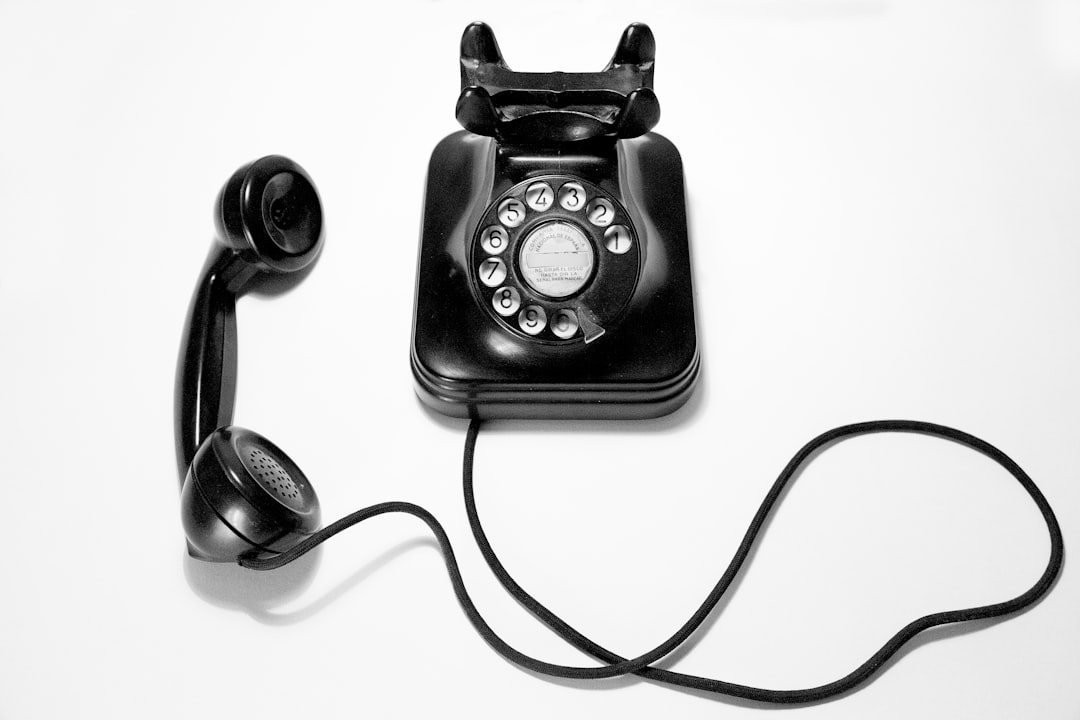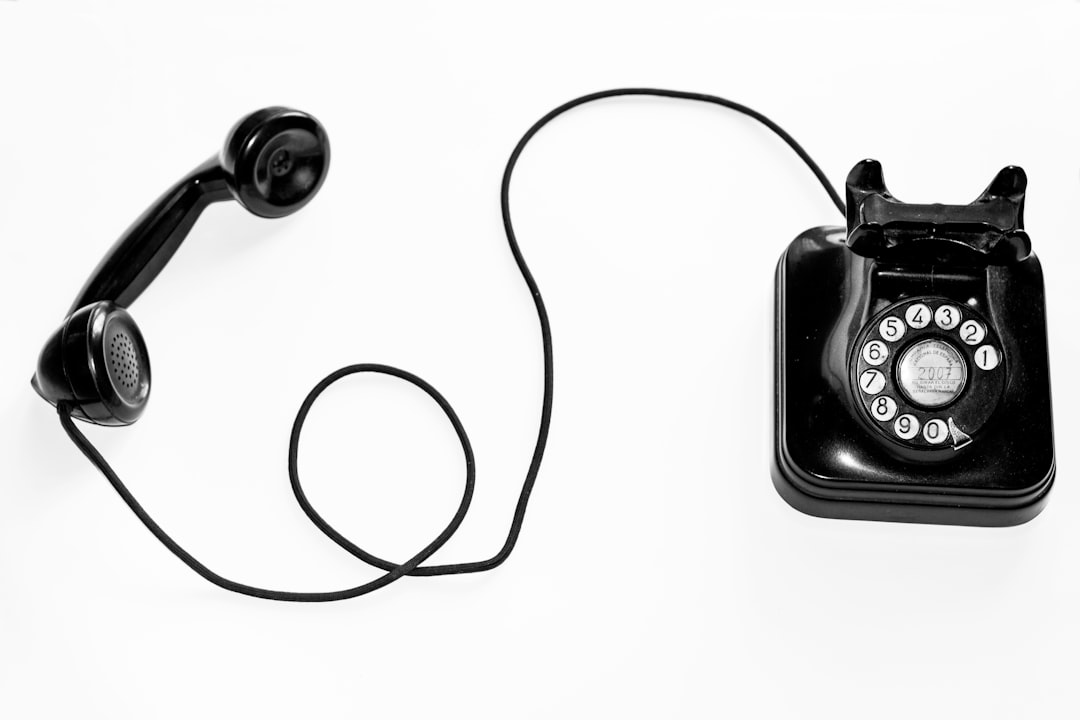Maine's TCPA restricts automated marketing calls, protecting residents from harassing scams, especially in tourism hotspots like Bingham's Upper Kennebec Valley. Scammers target outdoor enthusiasts with high-pressure sales tactics for whitewater rafting trips. Unwanted call law firms collaborate with authorities to educate the public, reinforce rights, and prosecute scammers, ensuring a safer environment free from fraudulent activities. Verify unexpected calls, be cautious of urgent requests, and report scams to protect the community.
The Upper Kennebec Valley, known for its scenic beauty and whitewater rafting opportunities, is a prime target for scammers preying on outdoor enthusiasts. This article delves into the rise of fraudulent calls targeting rafting companies and individuals, highlighting the importance of understanding Maine’s unwanted call laws. We explore how scammers operate, the legal actions taken against them, and essential strategies to protect consumers in the Kennebec Valley from such scams, empowering both businesses and adventurers alike.
Understanding Maine's Unwanted Call Laws

In Maine, unwanted call laws are in place to protect residents from harassing phone calls, especially those related to marketing or sales purposes. These laws, also known as the Telephone Consumer Protection Act (TCPA), restrict the practices of call law firms and other entities that initiate automated or prerecorded phone calls to consumers without their explicit consent. Maine’s unwanted call laws are designed to give individuals control over their communication preferences, ensuring they aren’t disturbed by unsolicited calls.
Understanding these regulations is crucial for both residents and businesses operating in the Upper Kennebec Valley region. If a consumer files a complaint about receiving scam calls or automated messages from rafting companies or any other service providers, it could lead to legal consequences for the offenders. By adhering to Maine’s unwanted call laws, businesses can avoid potential penalties and maintain customer trust, fostering a positive image in the competitive tourism industry.
How Scammers Target Rafting Enthusiasts

Scammers often target outdoor enthusiasts, particularly those interested in adventurous activities like whitewater rafting, taking advantage of their passion and excitement to lure them into fraudulent schemes. In this case, con artists are making unwanted call law firms, posing as reputable rafting companies or even fellow adventurers, to entice people into paying for fake trips or services. They may use high-pressure sales tactics, exaggerating the thrill and uniqueness of the experience to manipulate potential victims into quick decisions without thorough consideration or research.
Rafting enthusiasts, eager to plan their next adventure, might find these calls appealing, especially when combined with marketing strategies that tap into the desire for exploration. Scammers exploit this by offering limited-time deals, exclusive experiences, or even promising a free trip as an incentive. Once the victims are hooked, they may request upfront payments, often through unconventional payment methods, and disappear once the funds are transferred, leaving disappointed and potentially out-of-pocket adventurers in their wake.
Legal Action Against Whitewater Scams

In response to the increasing number of whitewater rafting scam calls targeting residents in Bingham’s Upper Kennebec Valley, legal action has been initiated by local authorities and consumer protection groups. These efforts aim to hold scammers accountable and protect unsuspecting individuals from falling prey to these deceptive practices. Maine’s unwanted call law firms have played a pivotal role in this battle, utilizing their expertise to investigate and prosecute those behind these fraudulent schemes.
Through coordinated efforts, these legal teams are working tirelessly to educate the public, reinforce consumer rights, and ensure that those responsible for making unwanted and misleading phone calls face significant consequences. By leveraging state laws and regulations designed to combat such scams, they strive to create a safer environment and deter future illegal activities related to whitewater rafting fraud in Maine.
Protecting Consumers in Kennebec Valley

In the scenic Upper Kennebec Valley, consumer protection takes on a new dimension, especially against deceptive practices like unsolicited call campaigns targeting local residents. The surge in whitewater rafting scam calls has sparked concern among folks who value their peace of mind and privacy. Maine’s Unwanted Call Law firms play a pivotal role in safeguarding consumers from such fraudulent activities. These legal entities employ robust measures to combat telemarketing scams, ensuring that the Kennebec Valley remains a haven for its residents, free from relentless sales pitches.
Through collaborative efforts with regulatory bodies, they educate locals on their rights and implement stringent rules to penalize offenders. By staying vigilant and informed, the community can collectively fight against these scams, making the Upper Kennebec Valley a safer, more secure place to live and enjoy nature’s wonders without the hassle of unwanted intrusions.
Strategies to Avoid and Report Fraud Calls

Unwanted call law firms in Maine have become a persistent problem for residents in Bingham’s Upper Kennebec Valley, and across the state. These scam calls often pose as legitimate legal entities, attempting to lure vulnerable individuals into costly and unnecessary legal services. To combat this issue, it is essential to understand the tactics these fraudsters employ and equip yourself with strategies to protect against them.
One of the most effective ways to avoid falling victim to such scams is to verify any unexpected calls. Check the caller ID and research the number independently to confirm if it’s associated with a reputable law firm or government agency. Additionally, be wary of urgent requests for personal information or financial details. Legitimate organizations will not pressure you into making immediate decisions or providing sensitive data over the phone. If unsure, hang up and contact the supposed company directly using official contact information found on their verified website. Promptly reporting these fraudulent calls to local law enforcement and consumer protection agencies is also crucial in disrupting such schemes and protecting others from becoming victims.






